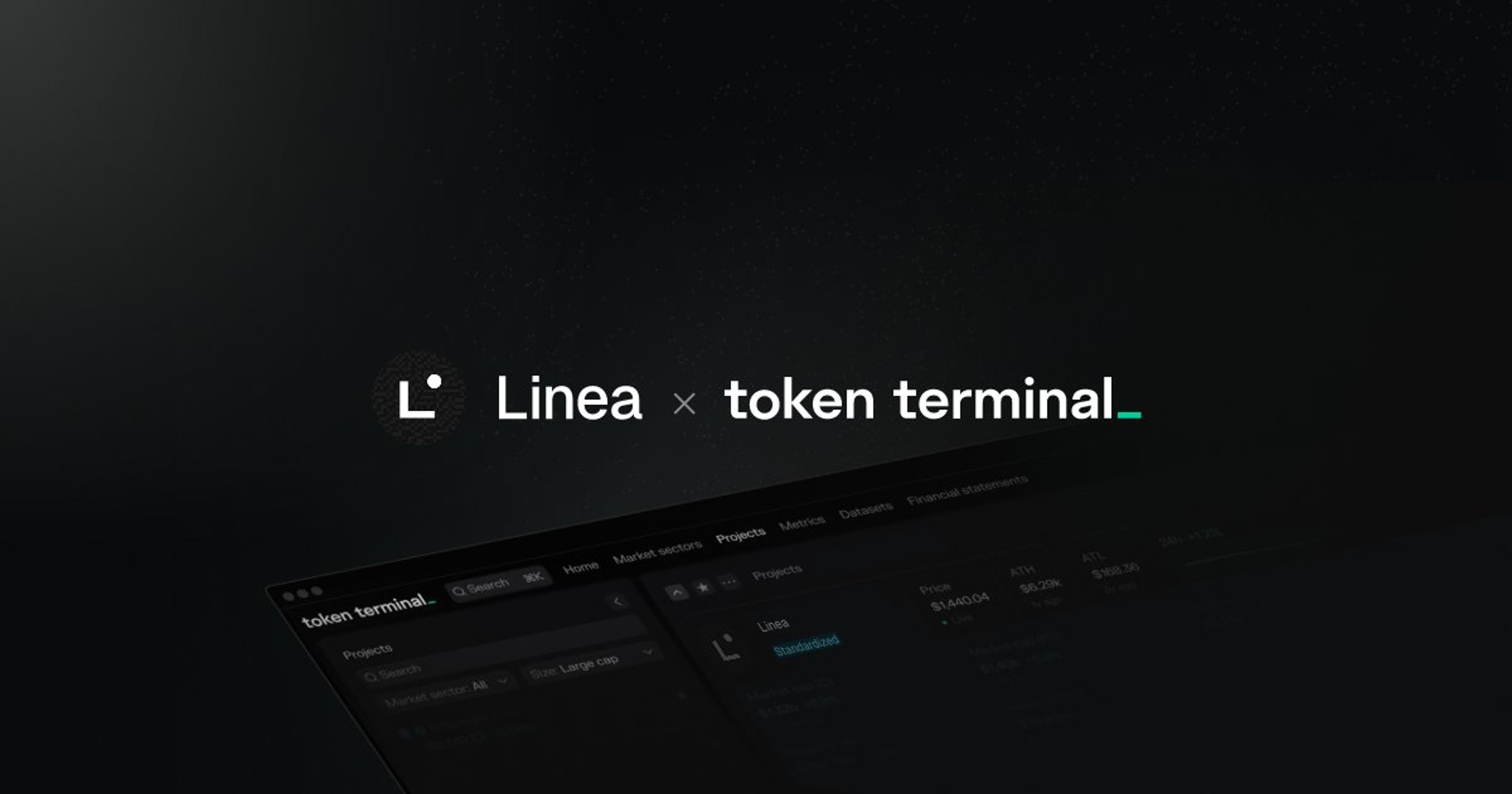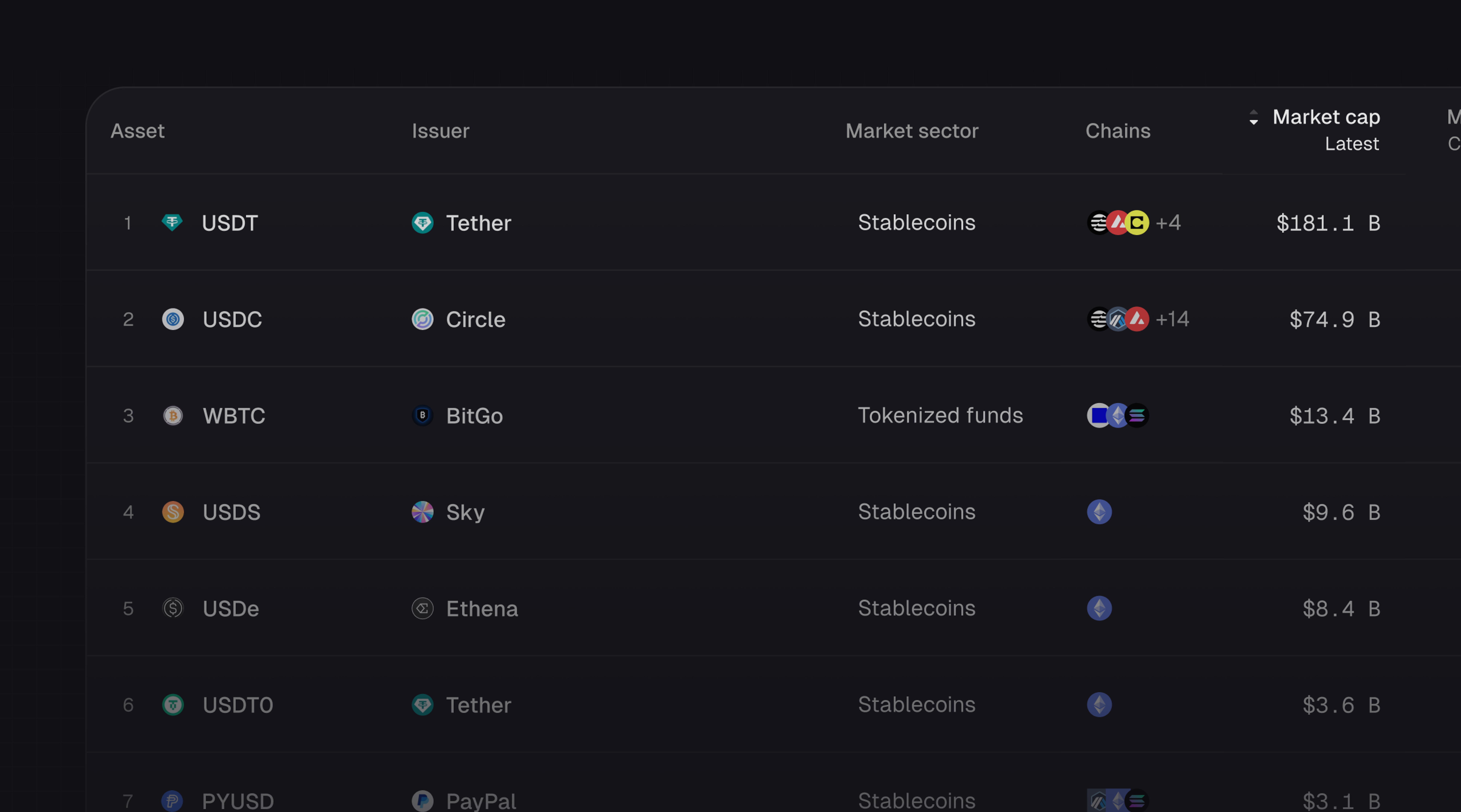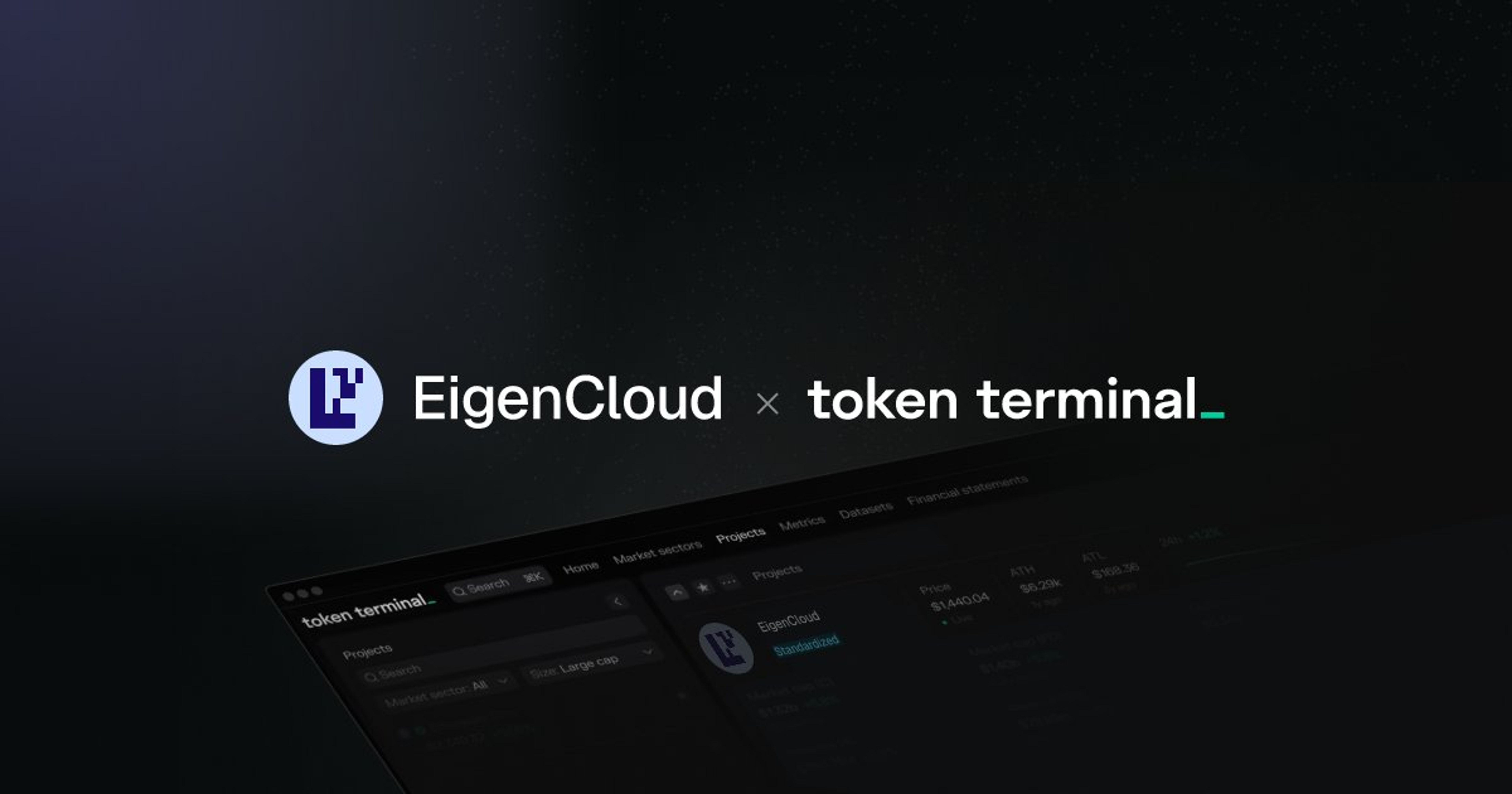Interview
15-minute fundamentals ep.26

Paul Frambot, Founder & CEO of Morpho Labs – the company behind the lending pool optimization protocol Morpho – joined us for an interview to dive into the details behind the charts available on Token Terminal. In this interview with Paul we discuss the basics of what Morpho is, how it works, how it's positioned within the lending market, growth drivers and challenges, and plans for the future.
Morpho's dashboard: https://tokenterminal.com/terminal/projects/morpho
Timestamps:
00:00 Introduction
01:42 What is Morpho?
02:30 How it works & the differences to other lending protocols
05:46 Matching lenders and borrowers
07:32 Integrating additional lending protocols
08:15 How is Morpho positioned within the DeFi lending market?
09:59 Business model
12:09 Distributing rewards
12:56 The MORPHO token
14:00 Business development focus areas, drivers & challenges
15:22 What’s next for Morpho?
The authors of this content, or members, affiliates, or stakeholders of Token Terminal may be participating or are invested in protocols or tokens mentioned herein. The foregoing statement acts as a disclosure of potential conflicts of interest and is not a recommendation to purchase or invest in any token or participate in any protocol. Token Terminal does not recommend any particular course of action in relation to any token or protocol. The content herein is meant purely for educational and informational purposes only, and should not be relied upon as financial, investment, legal, tax or any other professional or other advice. None of the content and information herein is presented to induce or to attempt to induce any reader or other person to buy, sell or hold any token or participate in any protocol or enter into, or offer to enter into, any agreement for or with a view to buying or selling any token or participating in any protocol. Statements made herein (including statements of opinion, if any) are wholly generic and not tailored to take into account the personal needs and unique circumstances of any reader or any other person. Readers are strongly urged to exercise caution and have regard to their own personal needs and circumstances before making any decision to buy or sell any token or participate in any protocol. Observations and views expressed herein may be changed by Token Terminal at any time without notice. Token Terminal accepts no liability whatsoever for any losses or liabilities arising from the use of or reliance on any of this content.
Stay in the loop
Join our mailing list to get the latest insights!
Continue reading

Customer stories: Token Terminal’s Data Partnership with Linea
Through its partnership with Token Terminal, Linea turns transparency into a competitive advantage and continues to build trust with its growing community.

Introducing Tokenized Assets
Token Terminal is expanding its standardized onchain analytics to cover the rapidly growing category of tokenized real-world assets (RWAs) – starting with stablecoins, tokenized funds, and tokenized stocks.

Customer stories: Token Terminal’s Data Partnership with EigenCloud
Through its partnership with Token Terminal, EigenCloud turns transparency into a competitive advantage and continues to build trust with its growing community.